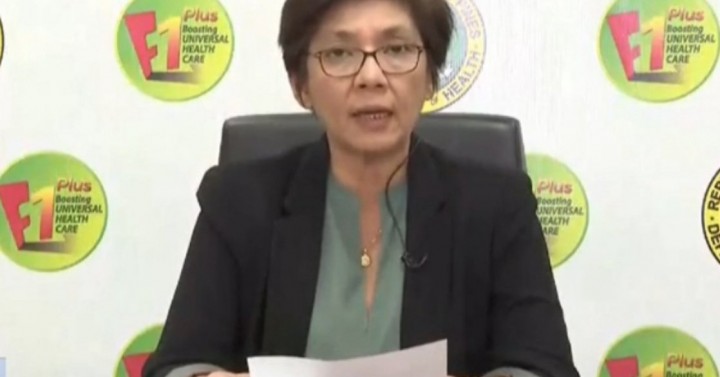FAR from what a top Malacañang official has repeatedly been claiming, biopharmaceutical firms behind the development, manufacture and sale of the COVID-19 vaccines are just making sure that they won’t be sued if ever something bad happens to individuals after being inoculated.
In a statement, Health Undersecretary Rosartio Vergeire downplayed the claim of presidential spokesperson Harry Roque who hinted at the “Dengvaxia experience” as the reason why the delivery of vaccines under the COVAX facility has been facing delays.
Vergeire categorically said that the Dengvaxia controversy has nothing to do with the requirement imposed upon the Philippine government by the vaccine companies, adding that other countries vying for supplies are also made to comply with such a prerequisite from the procuring state.
“Ang main reason po talaga all manufacturers all over the world are requiring this indemnification kasi nga po ‘yung kanilang produkto ay under development pa rin, pero gagamitin na po natin. They would want that wala pong liability against them because we are informed na under development pa ang kanilang produkto,” Vergeire was quoted as saying.
Roque specifically blamed the Dengvaxia experience behind the stringent requirement imposed by COVID-19 vaccine makers pushing for indemnity agreement due before any procurement deal shall have been signed and finalized, adding that Pfizer does not want to be dragged in a legal tussle the way biopharmaceutical firm corporate executives behind Dengvaxia were subjected.
“Alam niyo po talagang ang sinabi sa atin ng COVAX facility eh darating yung kanilang Pfizer eh dapat sa gitna ng Pebrero. Pero naantala nga po bakit? Tapatan na po, ang Pfizer ang siya ring gumawa ng Dengvaxia na bakuna na naging dahilan kung bakit nakasuhan hindi lang ang mga opisyales ng gobyerno kundi opisyales ng Pfizer,” Roque said.
“Kaya humihingi sila ng indemnity agreement dahil ang kanilang bakuna ay covered ng EUA (emergency use authorization), at hindi pa ng general use authorization. Gumalaw naman po ang ating pamahalaan, ang Kongreso ay bumubuo ng isang batas na nagsasabi na gobyerno na ang magbabayad ng danyos para sa lahat ng magkakaroon ng side effects. Na-certify naman ito as urgent ng ating Presidente, kaya inaasahan n ating magiging batas ito,” the Palace mouthpiece averred.
“… Pero alam nyo po puro Europeans yan naguusap-usap po yan. Kaya nga po parang naging mas maingat ang Pfizer bilang isang kapwa European manufacturer ng Sanofi pagdating sa pagsusuplay ng EUA,” he added.
Roque’s statements drew flak amid blunders – Sanofi developed Dengvaxia, not Pfizer. Another thing, Pfizer is an Amarican company, not European.
His blunder however was corrected later.
The Dengvaxia controversy started in November 2017 when Sanofi-Pasteur announced that their vaccine posed a risk to those who were not infected by dengue prior to being injected with the vaccine. The announcement however came after the vaccine had been administered to over 700,000 children and even policemen.
At least 100 vaccinated individuals have died of unconfirmed causes after receiving Dengvaxia doses, and health officials have ruled that that death cannot be directly linked to the vaccine.
In effect, Sanofi returned P1.16 billion to the Department of Health for the unused doses of vaccine.

